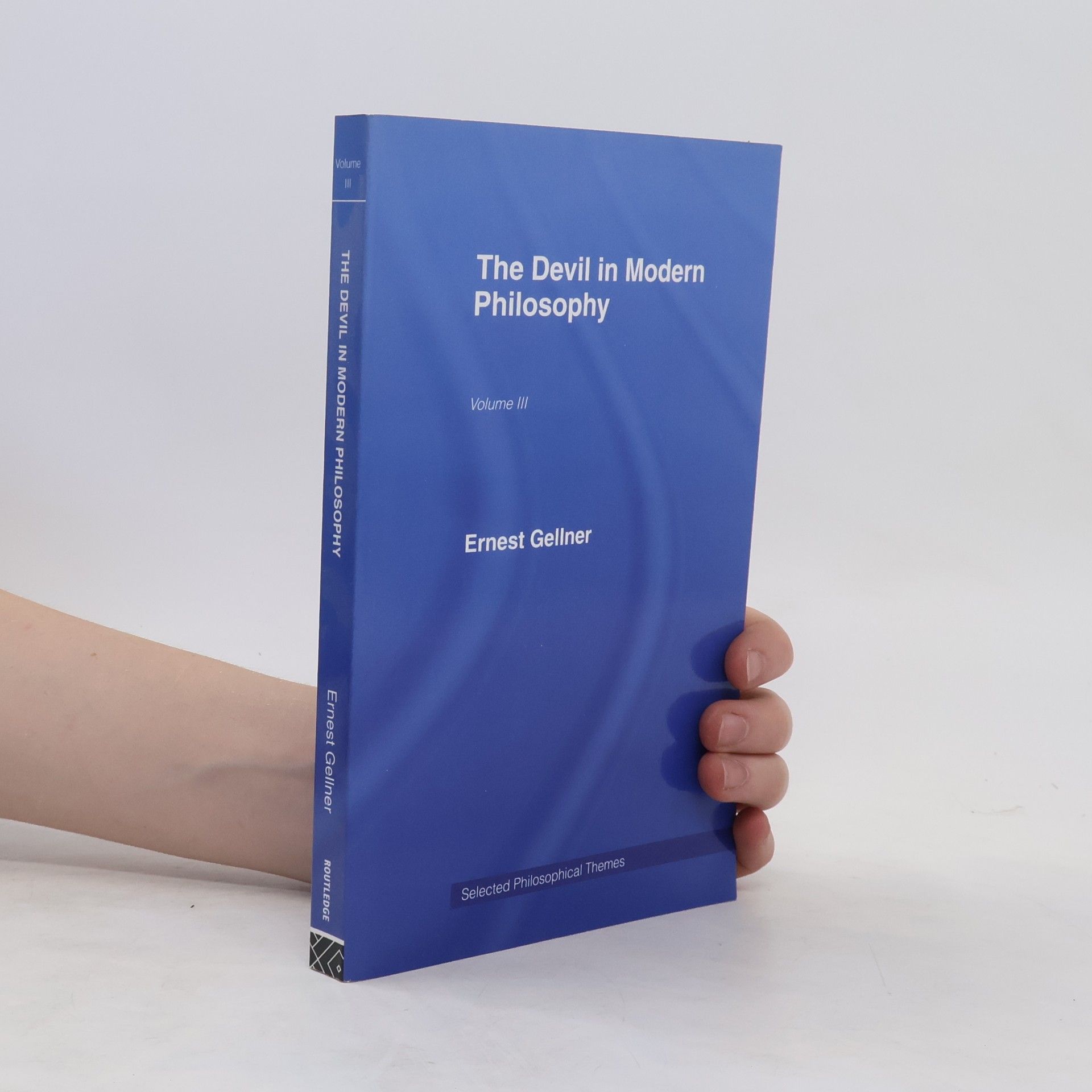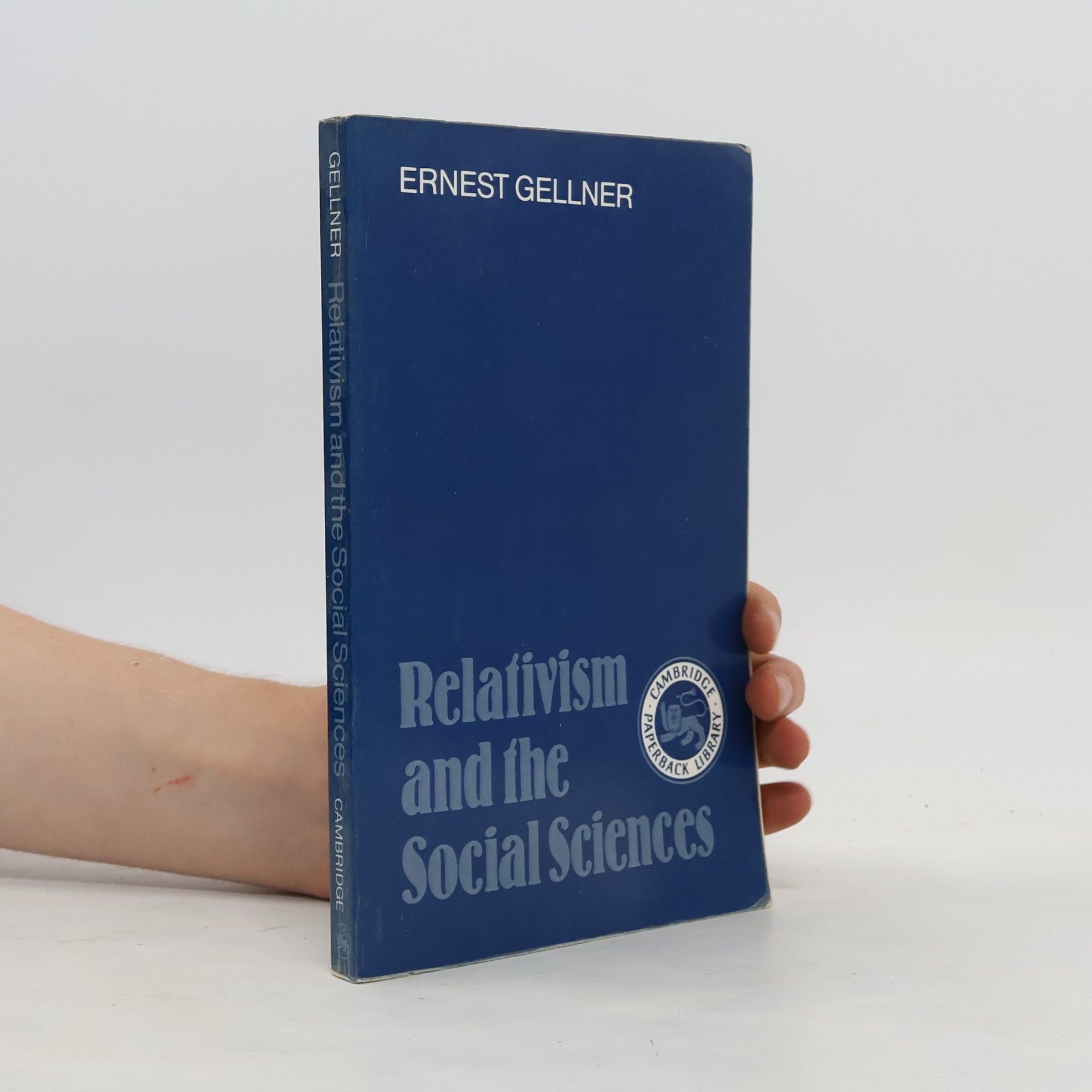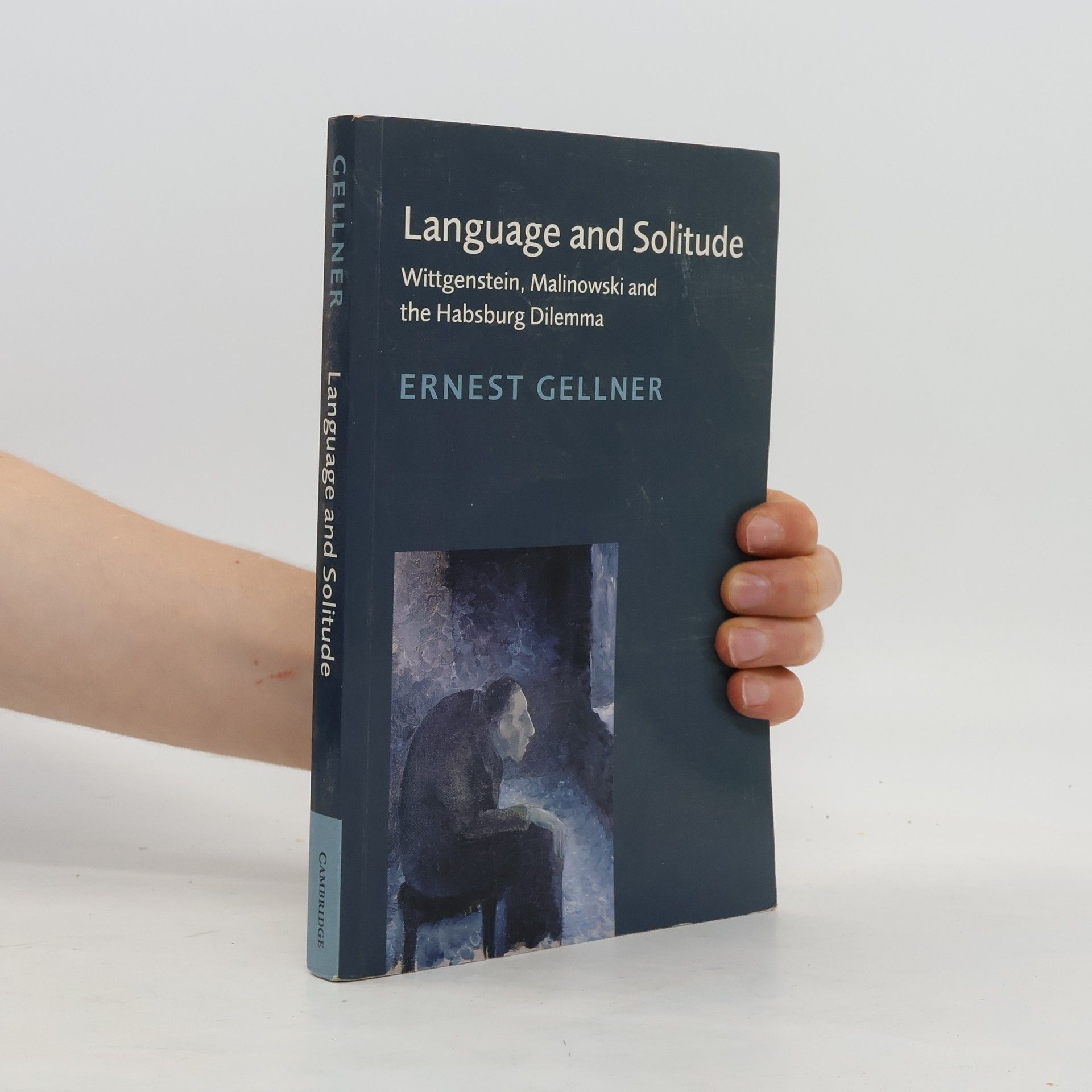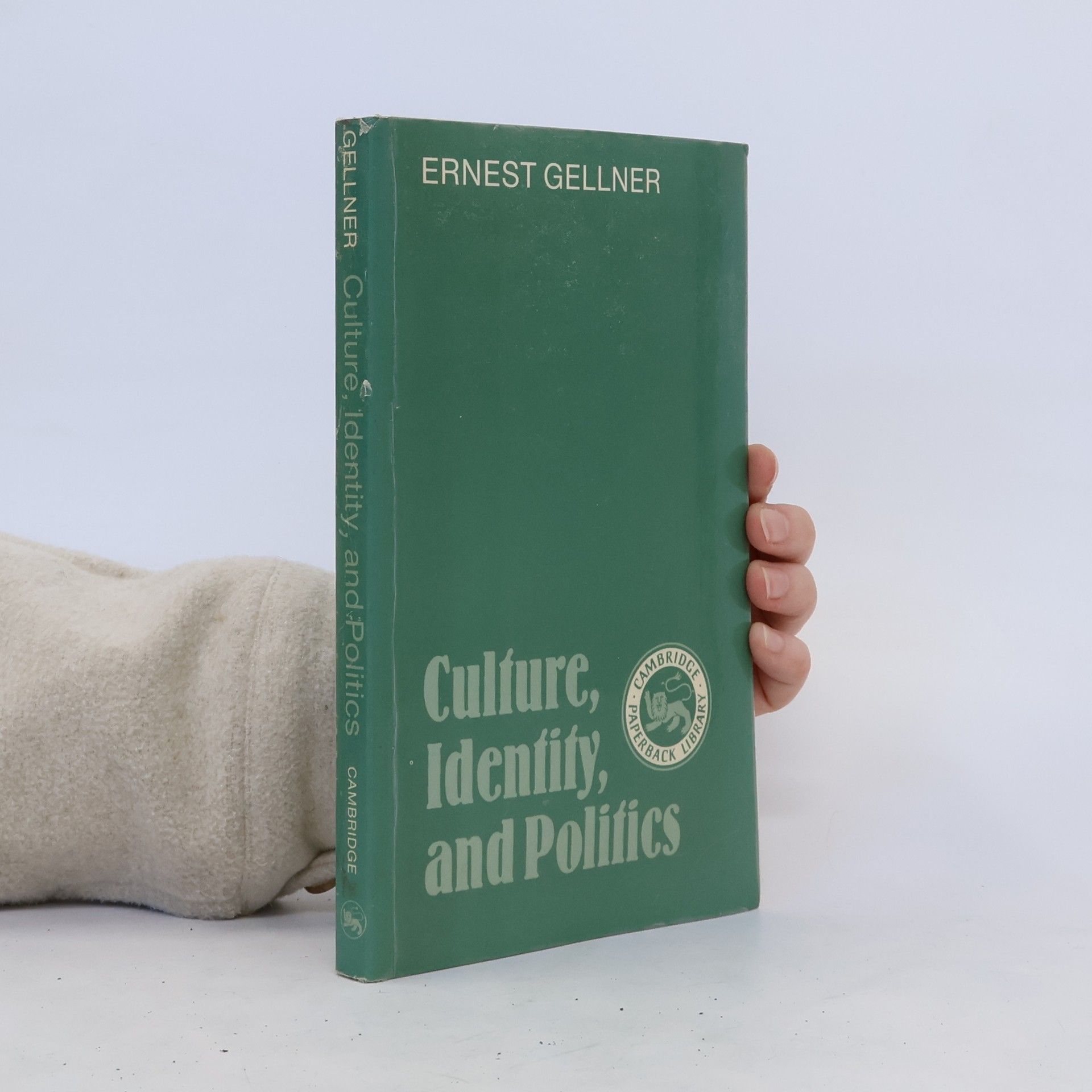The author argues against the idea that history is bunk and suggests that today is only possible because of the changes that took place yesterday. His philosophy of history is supported by examples drawn from a wide variety of disciplines. From the author of the Psychoanalytic Movement.
Ernest Gellner Books
Ernest Gellner was a distinguished British-Czech philosopher, social anthropologist, and writer on nationalism. His work delves deeply into the nature of modern societies and the genesis and functioning of nationalism. Gellner's analytical approach and his ability to bridge philosophy, sociology, and history allowed him to offer unique insights into the complexities of human culture and politics. His writings remain essential for understanding the formation of nations and the modern state.

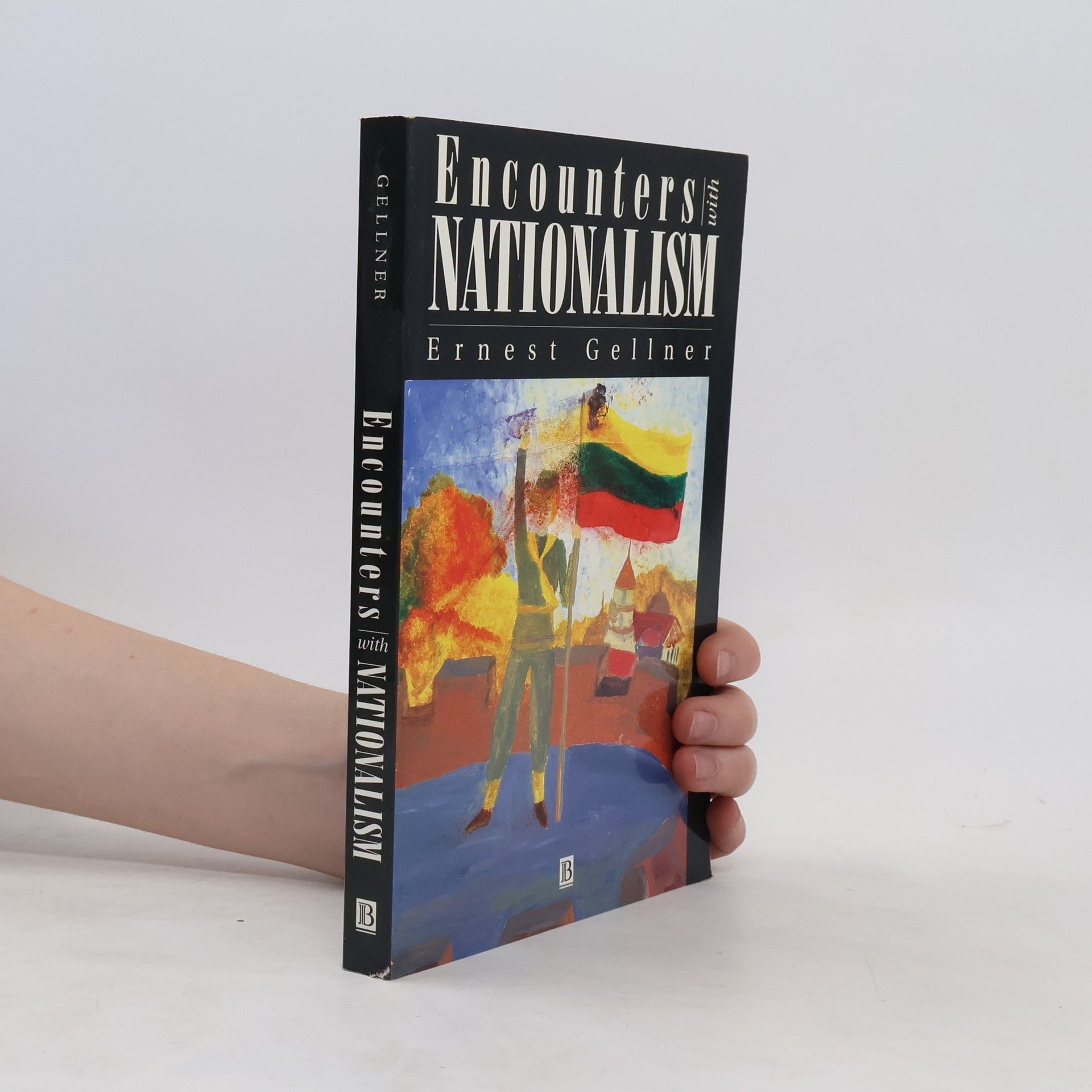

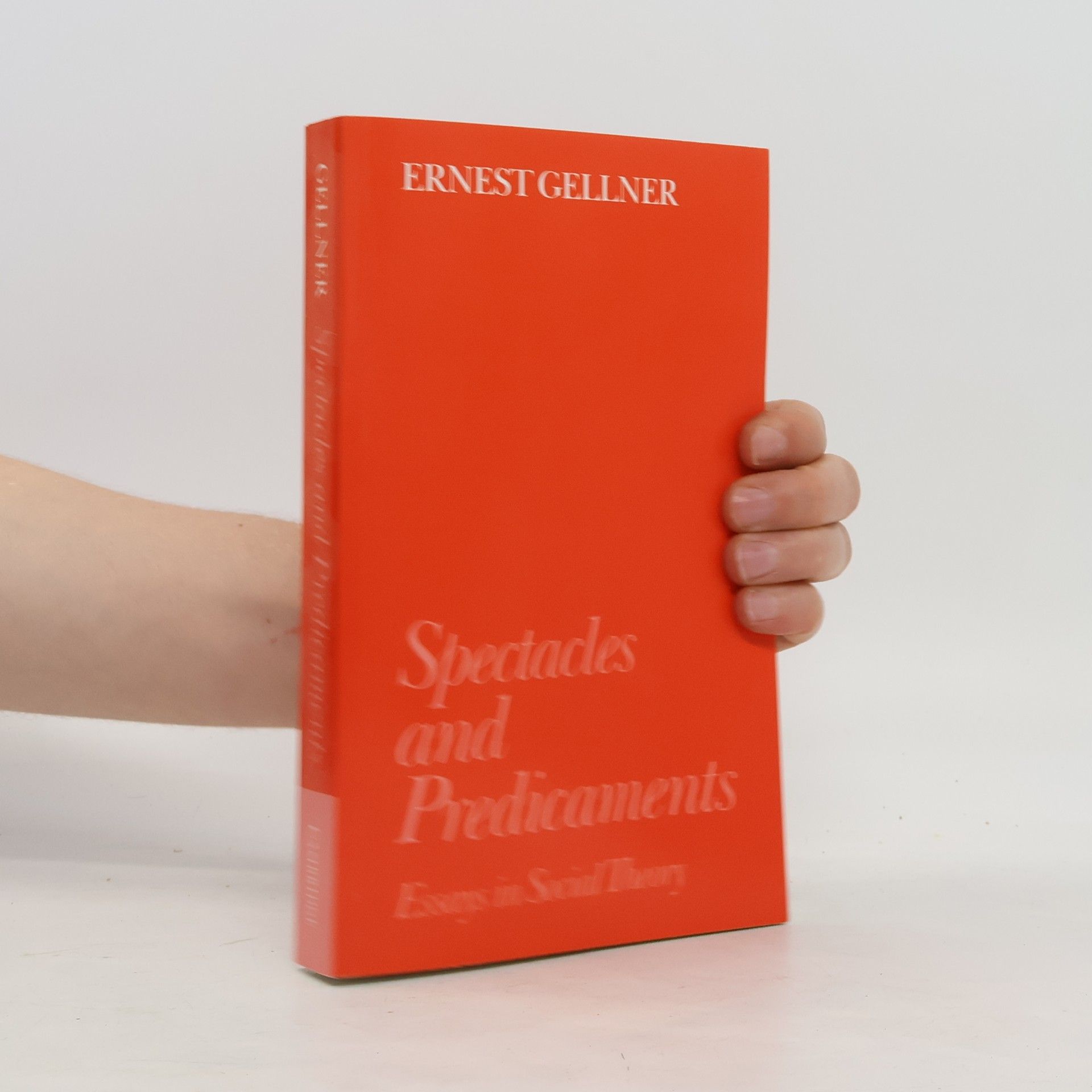
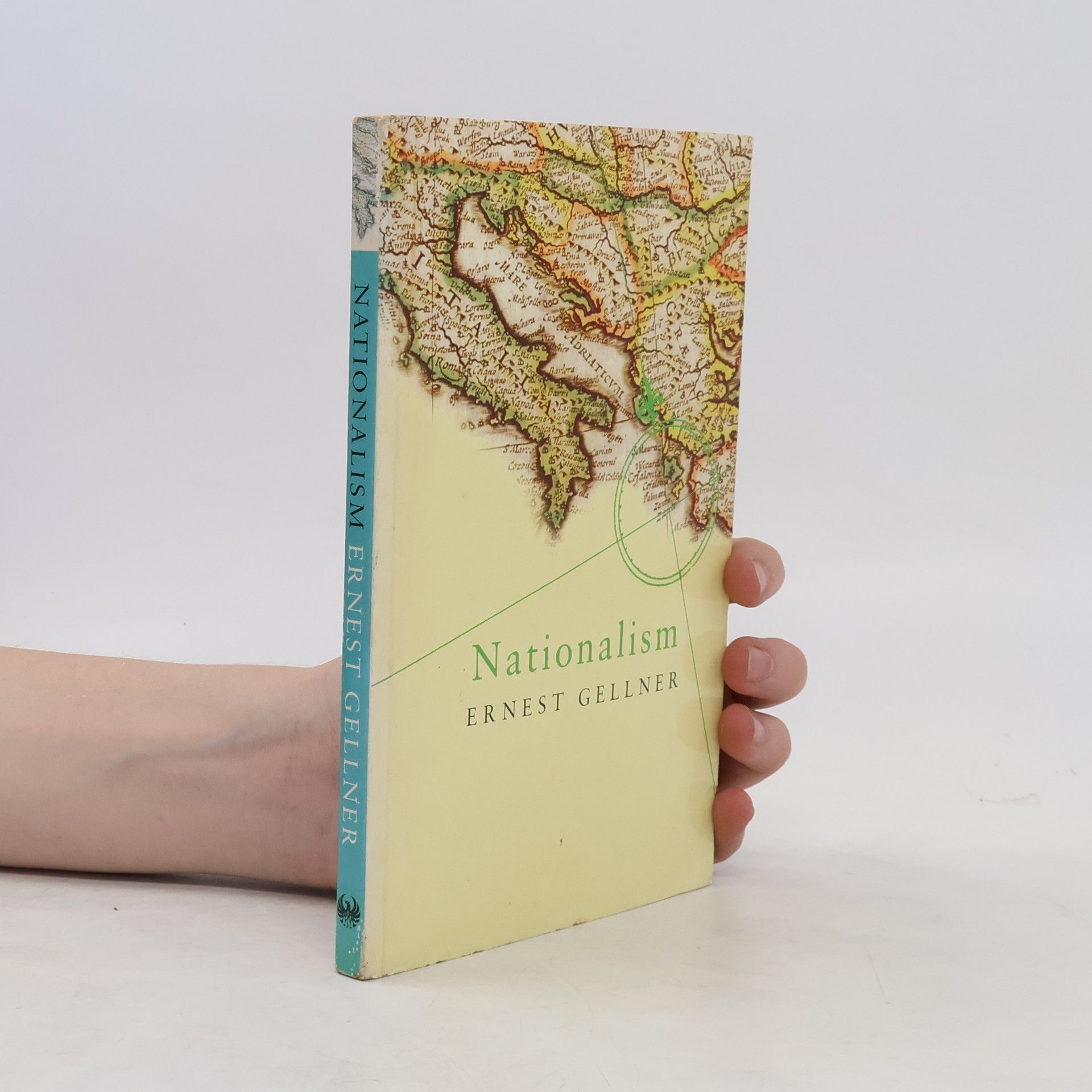
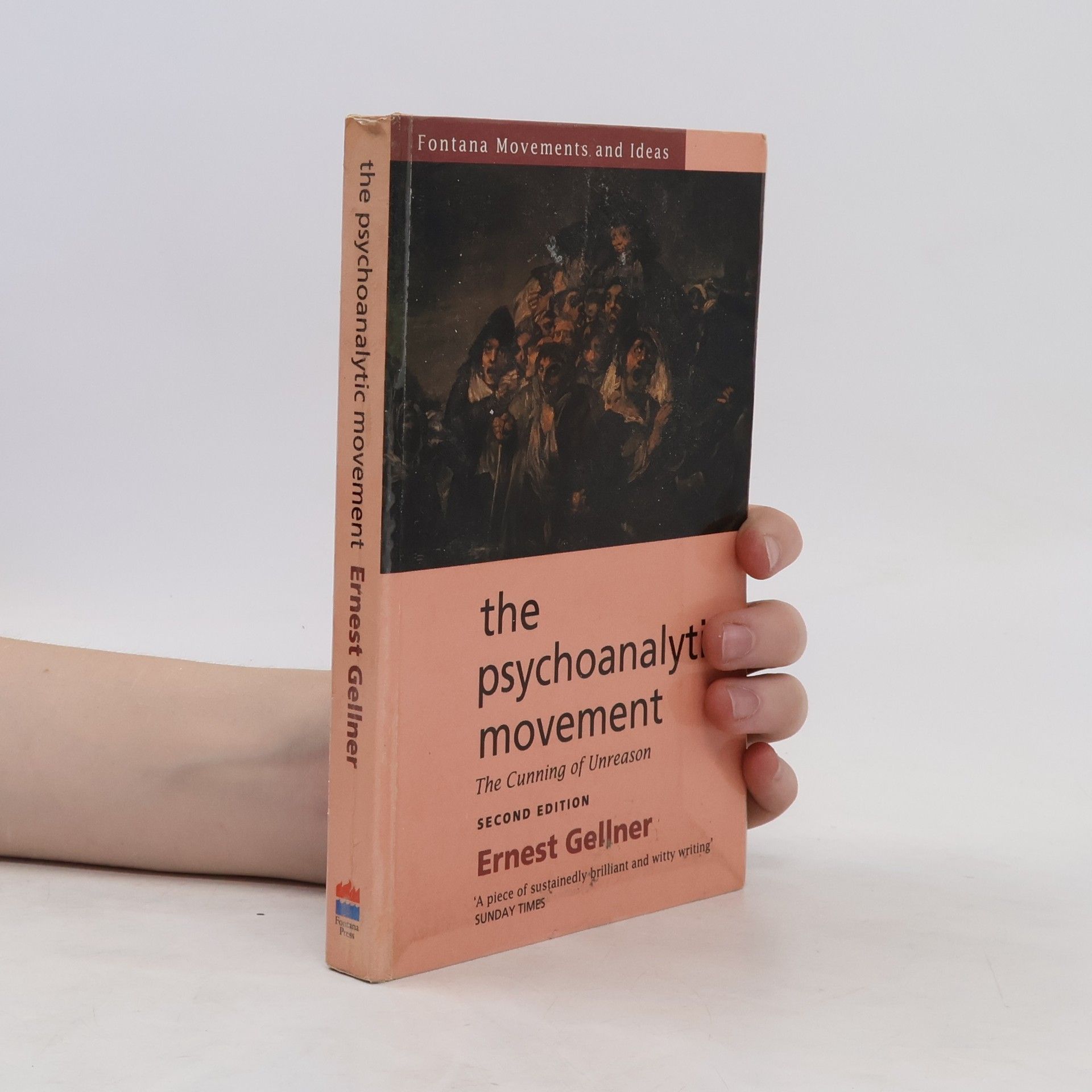

The Psychoanalytic Movement
The Cunning of Unreason
Part of the "Paladin Movements and Ideas" series, this book is an exploration of the latter half of the 19th century, explaining where Sigmund Freud came from and why he happened when he did. The psychoanalytic movement went on to become one of the major movements in the 20th century.
Nationalism
- 128 pages
- 5 hours of reading
A provocative essay on a subject that, since the collapse of the Soviet empire, has become once again, a central subject of contemporary politics. Lucid, witty and brilliant, Gellner's essay combines the perspectives of politics, history, philosophy and anthropology with the multidisciplinary flair for which he is renowned
This collection of essays addresses critical issues within philosophy, politics, and society, offering insightful analysis and perspectives. It explores fundamental questions and challenges, encouraging readers to reflect on the interplay between these disciplines. Each essay contributes to a deeper understanding of contemporary societal problems, making it a valuable resource for those interested in the complexities of human thought and governance.
Words and Things
- 416 pages
- 15 hours of reading
First published in 1959, this classic challenge to the prevailing philosophical orthodoxy of the day, remains the most devastating attack on a conventional wisdom in philosophy to this day.
Encounters With Nationalism
- 208 pages
- 8 hours of reading
The Devil in Modern Philosophy
- 272 pages
- 10 hours of reading
The collection of essays explores the intricate relationship between philosophy and life, drawing on the insights of notable figures such as Chomsky, Piaget, and Eysenck. Gellner examines various perspectives on this connection, offering a multifaceted analysis that engages with both philosophical concepts and practical implications in everyday life. Through these discussions, the essays illuminate the ways in which philosophical thought influences our understanding of human behavior and societal dynamics.
Relativism and the Social Sciences
- 212 pages
- 8 hours of reading
This volume of essays deals with the problem of relativism, in particular cultural relativism. If our society knows better than other societies, how do we know that it knows better? There is a profound irony in the fact that this self-doubt has become most acute in the one civilisation that has persuaded the rest of the world to emulate it. The claim to cognitive superiority is often restricted, of course, to the limited sphere of natural science and technology; and that immediately raises the second main theme of this volume - the differences between the human and natural sciences. These essays reach towards a new style and mode of enquiry - a mixture of philosophy, history and anthropology - that promises to prove more revealing and fruitful.
Focusing on the philosophical contributions of Wittgenstein and the anthropological insights of Malinowski, this final work by Gellner offers a comprehensive analysis of their ideas. It explores the intersections of language, culture, and human understanding, presenting a unique synthesis that highlights the significance of both thinkers in contemporary thought. Through this lens, Gellner aims to illuminate the broader implications of their theories for social science and philosophy.
Culture, Identity, and Politics
- 204 pages
- 8 hours of reading
An exploration of the relationship between culture and politics in the modern world through essays on such varied topics as the Ayatollah Khomeni, Czech dissidents, and Malinowski.
